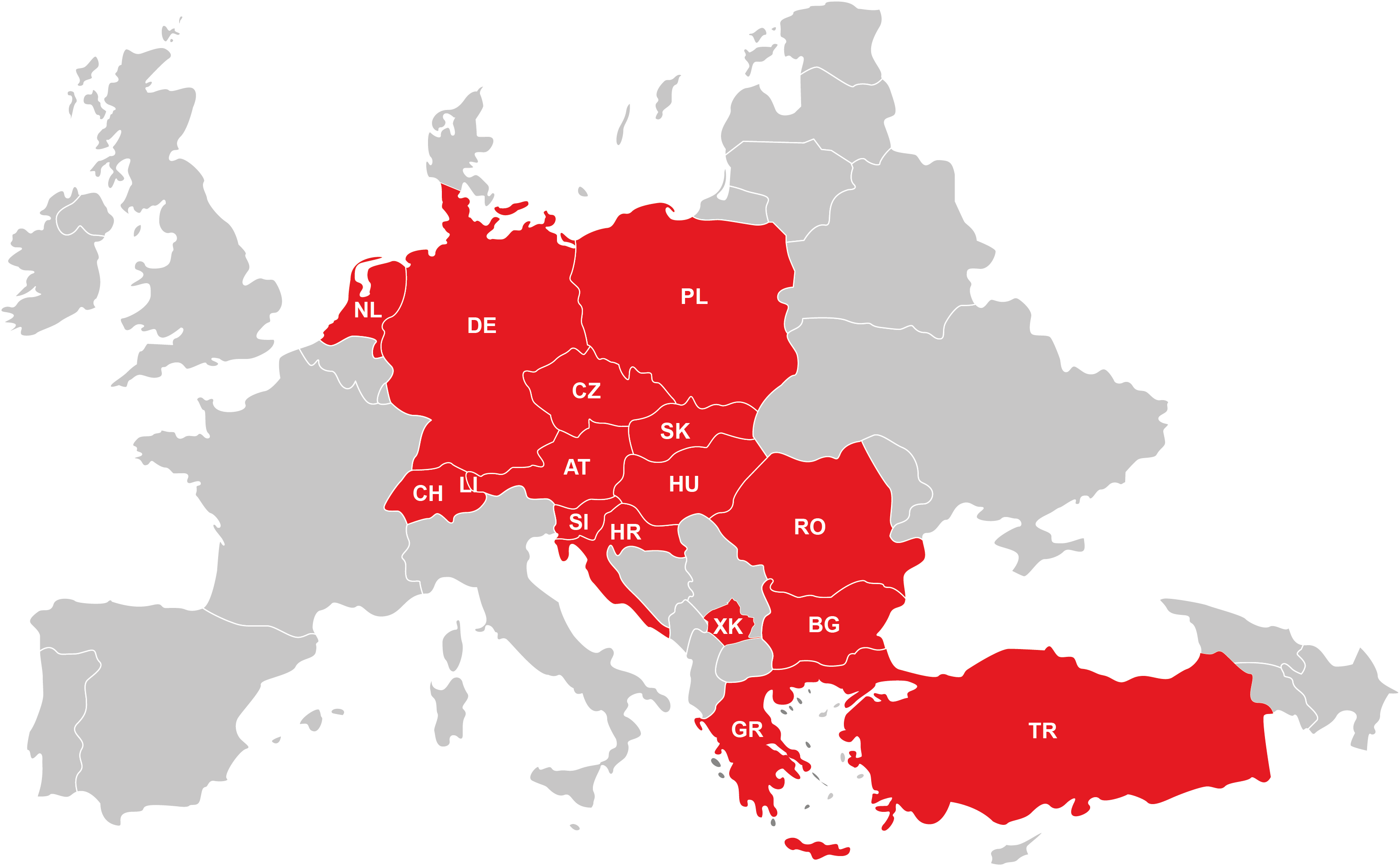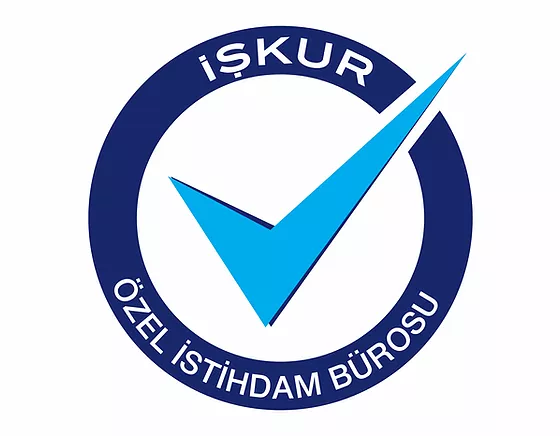Trenkwalder Türkiye' ye hoş geldiniz
Geniş bir insan kaynakları hizmet yelpazesine sahip uluslararası bir personel servis sağlayıcısı olarak pek çok sektörde farklı ölçeklerde şirketlere hizmet veren stratejik bir ortağız. Dünyanın 16 ülkesinde bulunan 200’ü aşkın ofisimizde birlikte çalıştığımız yüzlerce iş ortağımız bize güveniyor.
Profesyonel İK danışmanlığı ve özelleştirilmiş İK çözümleri ile şirketinizi iş ve personel hedeflerine ulaşmada destekliyoruz. Her seviyede beyaz yaka seçme ve yerleştirme ve bordrolama hizmetlerimizin yanı sıra iş sürecinde dış kaynak kullanımı ve e-learning gibi müşterilerimizin ihtiyaçlarına uyarlanmış diğer pek çok hizmeti de sunuyoruz.
Hizmetlerimiz
Sayılarla Trenkwalder Grubu
750
Milyon Euro Gelir
35.000
Çalışan
7.000
Müşteri
200
Ofis 16 Ülkede
30+
Yılların Deneyimi
300,000
İş arayan
1.000.000
İş Başvurusu
Trenkwalder Grubu
Trenkwalder'in 16 ülkede 200'den fazla şubesi bulunmaktadır.



TW İnsan Kaynakları Hizmetleri A.Ş. Özel İstihdam Bürosu olarak 27/12/2021-26/12/2024 tarihleri arasında faaliyette bulunmak üzere, Türkiye İş kurumu tarafından 23/12/2021 tarih ve 10400937 sayılı karar uyarınca 1006 nolu belge ile faaliyet göstermektedir. 4904 sayılı kanun gereğince iş arayanlardan ücret alınmayacak ve menfaat temin edilmeyecektir. Şikayetleriniz için aşağıdaki telefon numaralarına başvurabilirsiniz. Türkiye İş Kurumu İstanbul İl Müdürlüğü: 02122492987 Türkiye İş Kurumu İstanbul Çalışma ve İş Kurumu Ümraniye Hizmet Merkezi: 0216 523 90 26


